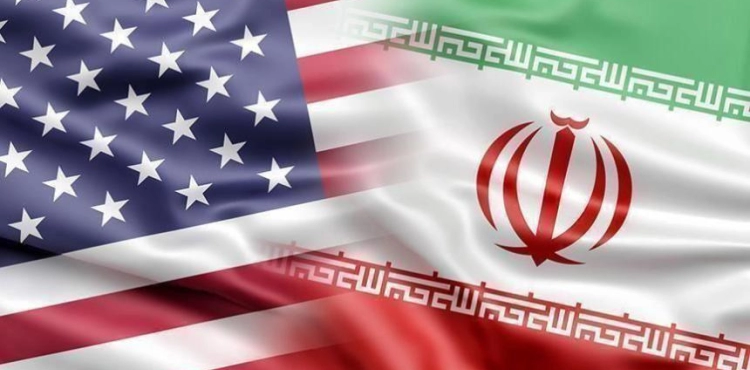The administration of US President Joe Biden is moving forward with steps to re-join the Iran nuclear deal, as officials are scheduled to participate in high-level discussions with the signatories of the 2015 Joint Comprehensive Plan of Action in Vienna this week. .
The United States and Iran are not expected to meet face-to-face, though administration officials have said they remain open to the idea of ​​direct talks. The Vienna meeting represents the most prominent move of the Biden team, which will communicate with its European, Russian and Chinese counterparts about steps the United States can take to achieve a "reciprocal return" by the United States and Iran. The meeting is likely to attract intense scrutiny from the US Congress, as hundreds of US lawmakers signed a batch of letters to President Biden and Secretary of State Anthony Blinken about their concerns about engaging with Iran.
The House Foreign Affairs Committee, led by its Chairman Gregory Meeks (Democrat from New York), expressed in a tweet its support for the meeting, and Mix said, "This is an important, albeit preliminary step; strict and smart diplomacy in close coordination with our European allies and regional partners is the best way to prevent Iran from doing so." Developing a nuclear weapon and to restore full compliance with the Joint Comprehensive Plan of Action. " The meeting in Vienna will seek to develop a roadmap for steps the two sides can take to get them to comply again with the agreement, including specifying "the lifting of sanctions and nuclear implementation measures," according to a statement released Friday by the signatories to the JCPOA - China, France, Germany, Russia, the United Kingdom and Iran. .
For her part, Deputy Spokesman for the US State Department, Galina Porter, said in a press briefing (Friday, April 2) that the United States will not review any specific sanctions that will be lifted, but the meeting will include discussion of steps to reduce sanctions. Porter said, "We will talk about the nuclear steps that Iran must take in order to return to compliance with the terms of the Joint Comprehensive Plan of Action, and we will not review any specific sanctions, but we will certainly say that the sanctions relief steps that the United States will have to take in order to return to this compliance as well will be." Up for discussion. "
In a press release, Nissan Rafati, a senior analyst for Iran at the International Crisis Group, said that both Washington and Tehran agreed to return to the JCPOA, but the path to mutual compliance will not be easy. He added, "It is likely that the discussions will face challenges in terms of scope and sequence on both the nuclear front and the easing of sanctions, as well as doubts within Washington as well as inside Tehran."
Iranian Deputy Foreign Minister Abbas Araghchi said on Sunday that Tehran would begin the path of returning to the nuclear deal if the four countries, plus one, convinced Washington of its terms, and if it lifted all sanctions imposed on Iran.
In addition, the National Security Committee in the Iranian parliament revealed Tehran´s intention to produce uranium metal after two and a half months if the sanctions were not lifted












